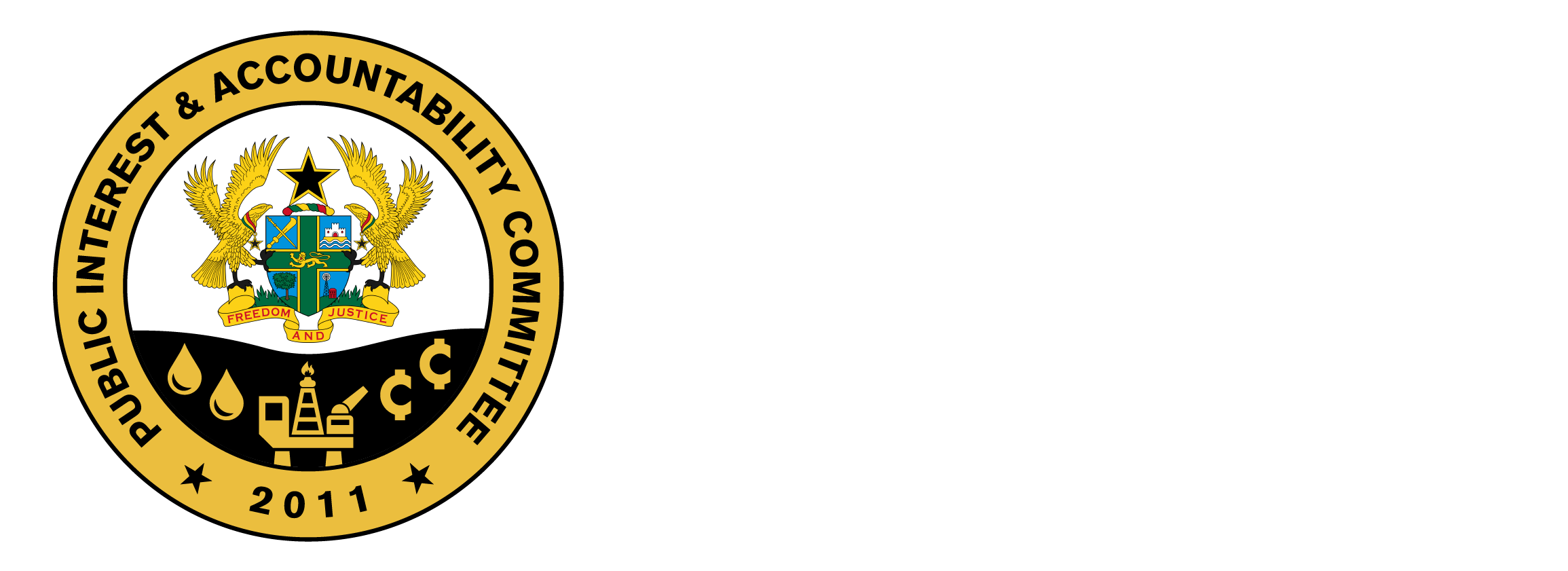Ghana’s total petroleum receipts plummeted by 56 percent in the first half of 2025, falling from US$840.77 million in first half of 2024 to US$370.34 million, according to the 2025 Semi-Annual Report released by the Public Interest and Accountability Committee (PIAC).
The sharp decline is primarily attributed to a 25.92 percent drop in crude oil production and relatively lower crude oil prices, coupled with a worrying stagnation in the upstream sector, where no new Petroleum Agreement has been signed since 2018.
Budget Cuts Cripple PIAC’s Oversight
A significant finding in the report is the severe budget cut imposed on PIAC itself following the passage of the Petroleum Revenue Management (Amendment) Act, 2025 (Act 1138). The new Act removes PIAC’s funding from the Annual Budget Funding Amount (ABFA).
The approved budget of GH₵4.6 million for PIAC’s 2025 activities represents only 21.43 percent of its total budget for the year, and less than half (41.07 percent) of its 2024 approved funds. PIAC warns that this dramatic cut “has severely limited PIAC’s ability to effectively fulfil its statutory mandate” of ensuring transparency and accountability.
Legal and Policy Discrepancies
The report also highlighted critical legal inconsistencies and policy gaps:
- Constitutional Disparity: PIAC observed a conflict between Section 21(3)(b) of Act 815 (as amended by Act 1138), which limits ABFA payments to the District Assemblies Common Fund (DACF) to a maximum of five percent, and the Supreme Court’s interpretation of Article 252(2), which directs that “not less than five percent” of the ABFA be paid to the DACF. DACF received only 1.26 percent of the ABFA during the review period.
- Infrastructure Funding Halted: The new amendment has taken the Ghana Infrastructure Investment Fund (GIIF) off ABFA funding, potentially starving it of capital. Additionally, the Agenda 111 Project, which had previously received GH¢2.610 billion ($248.89 million) from 2021 to 2024, will also no longer receive critical ABFA funding.
- DACF Violations: Projects funded through the DACF were centrally earmarked, a practice PIAC states is non-compliant with the Constitution’s requirement for the fund to be distributed among all District Assemblies.
PIAC’s Urgent Recommendations
To reverse the trend, PIAC has issued several recommendations, urging the government to:
- Arrest Production Decline: Increase efforts to secure new investments and arrest the sharp decline in crude oil production.
- Recover Arrears: Intensify collaborative efforts to recover the rising surface rental arrears, which have jumped from $439,011.08 in first half of 2024 to $2.82 million by the end of first half of
- Amend PRMA: Amend Section 21(3)(b) of the PRMA to align it with the Supreme Court’s judgement regarding the DACF distribution.
- Prioritise Projects: Select fewer projects to be funded by the ABFA under infrastructure development and ensure they are completed and appropriately branded.
- National Plan: Develop a broad-based long-term national development plan, approved by Parliament, to ensure continuity in the utilisation of the nation’s resources, including the ABFA.
SOURCE: 3News.com


